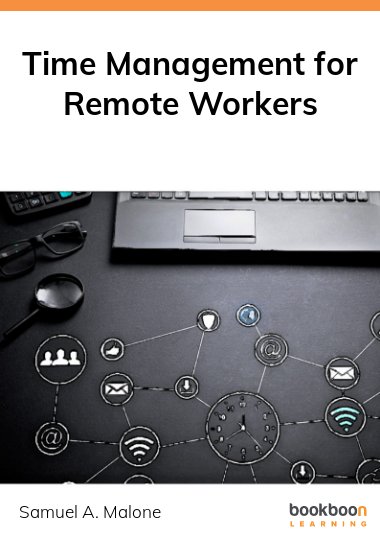Time is the most precious resource we have, and so we should practise good time management when working centrally or remotely. Time management is the ability to use time productively, wisely, efficiently and effectively whether working centrally from an employer’s office or remotely at home. Remote working is a situation in which employees mainly work from home and communicate with the company by email, text, telephone or video conferencing, and do not commute or travel to a central place of work such as an office.
About the Author
Samuel A Malone is
a self-employed training consultant, lecturer and author. He is the author of 21 books published in
Ireland, the UK and abroad on learning, personal development, study skills and
business management. Some of his books
have gone into foreign translations and second editions. He has an M.Ed. with distinction (in training
and development) from the University of Sheffield and is a qualified Chartered
Management Accountant (ACMA), Chartered Global Management Accountant (CGMA) and
a Chartered Secretary (ACIS). He is a
fellow of the Irish Institute of Training and Development (FIITD).

